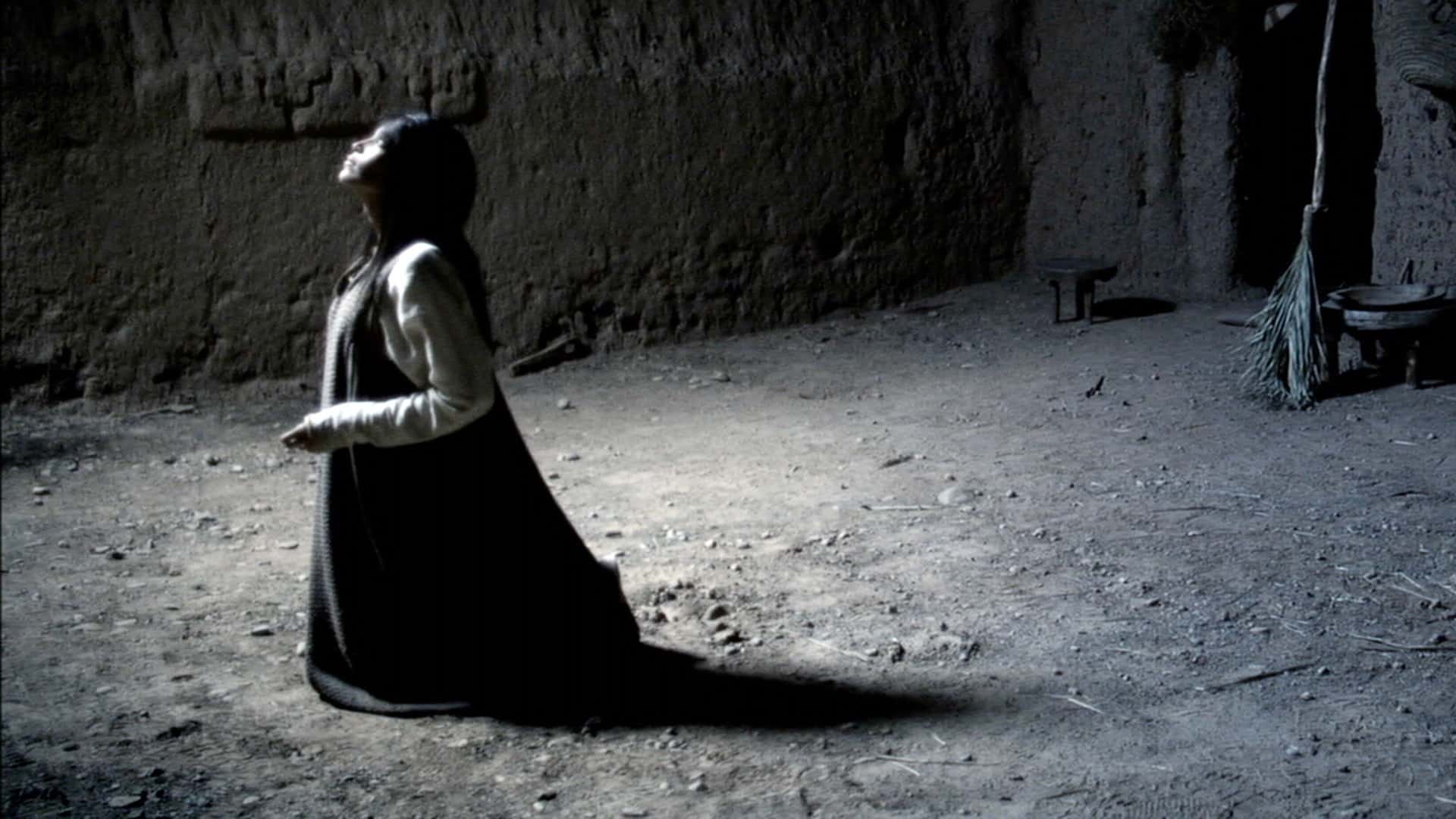God specializes in doing many things that otherwise would be impossible. Luke affirmed this early on in His Gospel when he recorded the words of Gabriel to Mary. Gabriel had announced to Mary that even though she was a virgin, she would give birth to God’s Son. Mary was understandably overwhelmed, but Gabriel reassured her by mentioning Elizabeth’s pregnancy. In speaking of Mary’s relative Elizabeth, Gabriel said, “Even she has conceived a son in her old age, and this is the sixth month for her who was called childless” (Luke 1:36). Elizabeth had been known for being barren, but soon John would be born to her and her husband, and he would grow up to fulfill an important ministry with regard to Jesus, the Messiah. John—John the Baptist—would be Jesus’ forerunner, the one who would “pave the way” for the Messiah’s arrival (see Luke 1:17,76; 3:1-18).
When we think of John’s birth, we are reminded that even though this miracle was impressive, the next miracle birth would surpass even this one. The announcement “You’ve not seen anything yet!” comes to mind. (Simply put, this was the essential message of John the Baptist when he referred to Jesus in Mark 1:7-8 [also see Matt. 3:11-12; Luke 3:15-18]). Thus, just as John became forerunner of Jesus, Elizabeth’s pregnancy was, in a sense, a forerunner to Mary’s. Whereas John would be born to aging parents, Jesus would be born without any human father at all! Whereas John’s birth would occur just a few months before Jesus’ birth, Jesus had been alive from eternity past! (see John 1:15). And whereas John would rightly encourage people to repent of their sins and to live righteous lives (see Luke 3:7-14), Jesus would provide the very basis on which God could grant forgiveness to repentant people! (see John 14:6; 2 Cor. 5:21; 1 John 1:7).
Luke was explicit about the fact that Mary was a virgin. He wrote, “In the sixth month [of Elizabeth’s pregnancy] the angel Gabriel was sent by God to a town in Galilee called Nazareth, to a virgin engaged to a man named Joseph, of the house of David. The virgin’s name was Mary” (Luke 1:26-27). The word translated virgin and virgin’s in verse 27 is the same word translated virgin in Matthew 1:23. The word refers to a woman who has never before had sexual relations. Mary’s question to Gabriel reveals that this matter was in the forefront of her mind. After Gabriel told her she would conceive and bear a son, and even that the child would “be called the Son of the Most High” (v. 32), Mary asked, “How can this be, since I have not been intimate with a man?” (v. 34). Wouldn’t you have asked something similar? Gabriel’s answer underscores Mary’s sincerity; the angel sought to help her comprehend, to the degree that she could, what is essentially incomprehensible; yet it was something she could (and we can) accept by faith. God would “overshadow” Mary and cause the conception of His Son to occur within her, so that “the holy One to be born will be called the Son of God” (v. 35).
It is interesting to contrast Gabriel’s response to Zechariah’s question in verse 18 to his response to Mary’s question in verse 34. Zechariah was disciplined for his lack of faith, but Mary received an explanation. Why the difference? Only God knows people’s hearts. Even so, it comes to mind that God had certainly given children to aging parents before (see Gen. 17:17: 21:1-7), but never before had He, nor ever again would He, cause anyone to conceive as Mary would in this instance. Mary was God’s willing servant. Despite the mind-blowing information she had received, she believed God and willingly cooperated with Him.
Copyright © 2015 B. Nathaniel Sullivan. All rights reserved.
photo credit: www.lumoproject.com
Unless otherwise noted, all Scripture quotations in this article are taken from the Holman Christian Standard Bible®, Copyright © 1999, 2000, 2002, 2003, 2009 by Holman Bible Publishers. Used by permission. Holman Christian Standard Bible®, Holman CSB®, and HCSB® are federally registered trademarks of Holman Bible Publishers.
